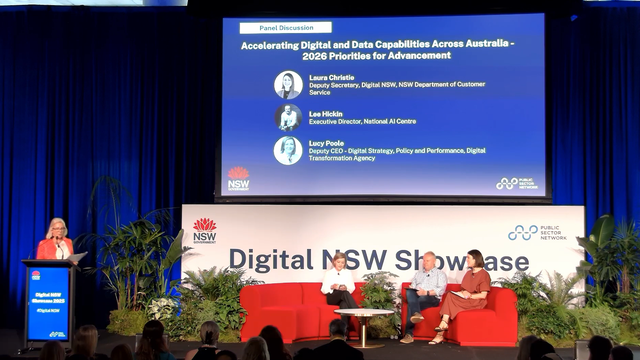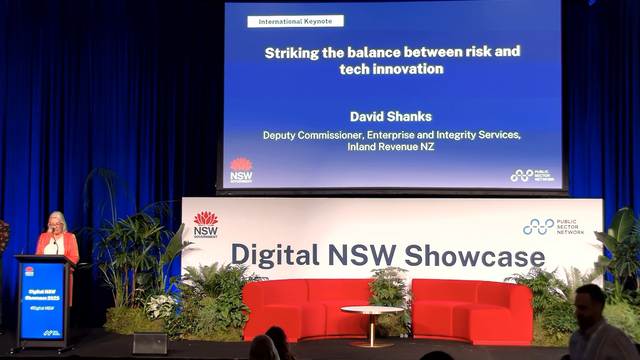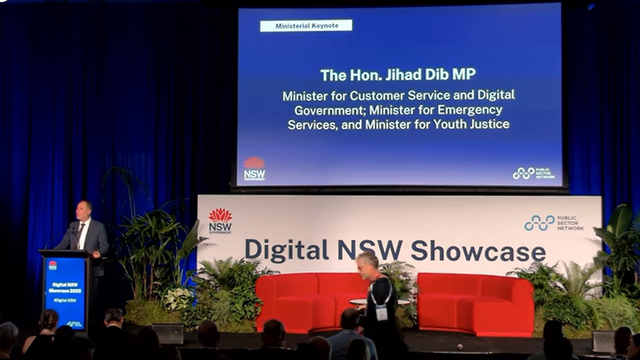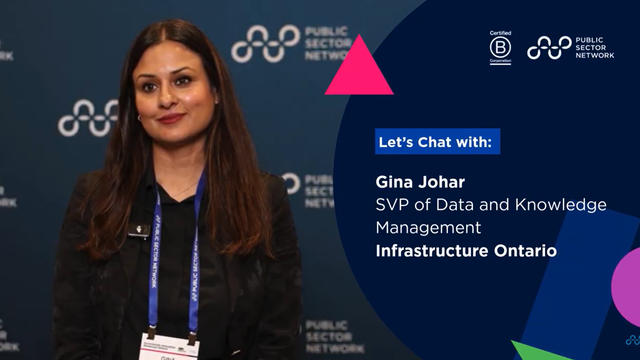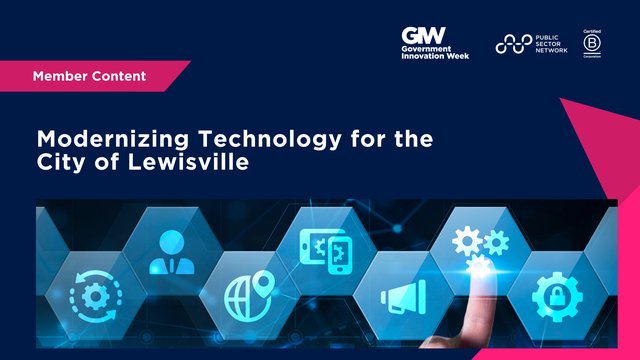Driving operational efficiency with digital technologies
Government Case Study: Exploring how successful remote audit management can provide positive outcomes to patients

Fifi Spechler
Quality Assurance Manager
HealthShare NSW

A Dilemma caused by COVID-19
COVID-19 changed the way businesses and service organisations across the country and around the world functioned. It forced many not just to work remotely, but to conduct some of their critical operations in a remote manner for the very first time.
Fifi Spechler , the Quality Assurance Manager at HealthShare NSW, says that they were forced to “transition to virtual remote auditing.” This was a major change for all involved.
After all, HealthShare NSW “is the largest government shared service organisation in Australia.” They are involved in all elements of public health, from “providing clinically appropriate transport to nutritious hospital meals.” In simple terms, HealthShare NSW is “diverse organisation doing lots of things” to ensure that “all doctors, nurses, allied health professionals and administrative teams have the supplies and equipment they need to do their jobs.” This means they are involved in procurement as well as HR, cleaning, transportation and food services. Their goal is to “reduce wastage and create a positive experience for all NSW health staff.” They partner with organisations around the country and globally, and focus on “people, collaboration and sustainability.”
One of their main operations is in food services. This critical to any hospital and thus they have “150 food service sites across NSW employing about 4,600 staff,” as well as “three food production units (FPUs)” that produce special and customised meals. All up, they “produce over 24 million meals per year.” Given the nature of the food processing environment, especially in hospitals, it is a “highly regulated” industry with many standards, guidelines and frameworks that need to be adhered to.
The main compliance agency is the NSW Food Authority. Until the pandemic, they “conducted on-site, face-to-face audits” at least annually “at each of our 150 sites and 3 FPUs.” All the sites are also ISO certified, and for that certification, inspections also need to take place on-site. So as to keep the audits independent, BSI [1] , a third party inspection agency, conducts the audits on behalf of the NSW Food Authority. This all worked seamlessly until the pandemic hit.
Once the pandemic was declared in March 2020, the NSW Food Authority announced “that they were going to suspend our regulatory audits for a period of 60 days.” This meant that all other audits were suspended too. However, they had every intention of resuming the audits at the end of the suspension period. HealthShare NSW on the other hand “had grave concerns about re-commencing face-to-face auditing,” especially in aged care facilities or in hospitals that were treating COVID-19 patients. At the same time, “we require our NSW Food Authority license to be able to serve food in NSW health facilities.” HealthShare NSW, therefore, faced with a serious dilemma, but after some frustrations, they decided to “think outside of the box and embrace digital technology.”
The Changing Nature of Audits

With the 60 day suspension period due to lift in May, any new proposal for remote auditing had to be arranged “quickly and effectively.” The first part of the process was to reach out to both BSI and the NSW Food Authority to check whether they would accept remote auditing. “Both agencies had a significant appetite for the proposal because they didn’t want their staff moving across the state either.”
“However, a lot of work needed to be done to ensure success. To start with, “we worked with BSI to develop a remote auditing program, or protocol, which needed to be approved and endorsed by the NSW Food Authority.” Though this was developed in May, it continues to be modified and adapted, and each change requires further approval. Moreover, apart from the program, not all sites had “tablet technology or appropriate connectivity.” They, therefore, worked with eHealth NSW to ensure sites had devices and WiFi, and “to identify any dead zones,” like freezers or store rooms.”
By March 2020, 30 sites had already been audited. This meant that 120 still needed to be audited before the end of 2020, along with the 3 FPUs and “our 47 ISO audits.” There was a lot to do, especially since the “first virtual audit” only began in late June. The kitchen staff was considered essential workers, so they were in the kitchen, but “the auditor, the quality assurance representative, and the foodservice site representative were potentially in their own homes, simultaneously connected to the audit using Skype for Business.” A kitchen representative then held the tablet “with the camera-enabled for the food services manager to physically walk through the site.”
“During the tour, “the auditor directs the staff to walk very slowly throughout specific areas of the kitchen,” including the preparation and storage areas, maybe the dishwashing and serving areas as well.”
“Staff is asked about the process and the control points within the kitchen,” and the auditor looks for “packaging integrity, cleanliness or other factors.” If an auditor can’t determine something by simply viewing it, they ask staff to assist. For instance, they might ask staff to wipe a paper towel along a surface “to see if there’s any dirt present. They also use a torch to look under shelving or in freezers or storage areas.” One of the requirements is that “we have warm water running through the premises.” This can’t be tested by touch, but a “temperature probe shows a digital readout for the auditor to see.”
Successful Results
"
Our remote auditing process has focussed on keeping our people and patients safe during the COVID-19 pandemic. It came about as a result of significant collaboration with our partners, and has been a success because we have been sustainable in terms of reducing our travel and introducing technologies that will continue beyond the pandemic and will reduce our requirements for paper.





